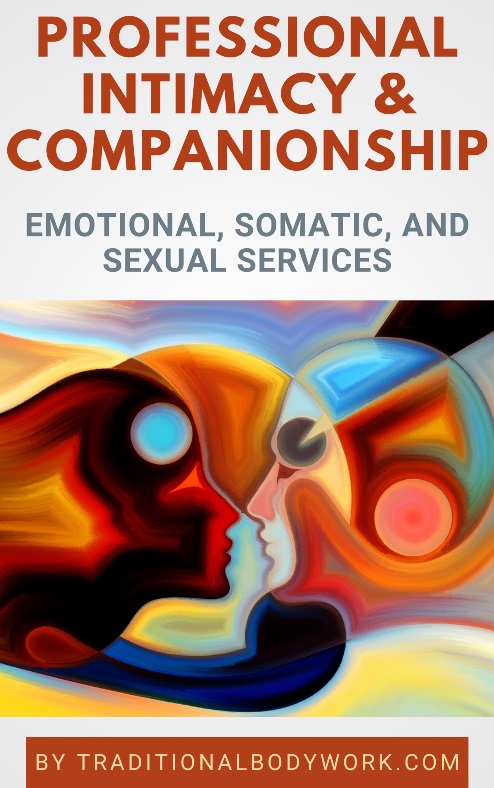
The term BDSM is an abbreviation for Bondage, Discipline, Dominance, Submission, and Sadomasochism practices. In its daily use, it is common to also include kink, fetish, and roleplay activities into the term. Mind that BDSM is not necessarily sexual, although it often involves erotic practices.
It is easy to recognize that engaging in BDSM practices is a highly private and intimate affair. It is not something you go around with telling freely about, because there are still quite some taboos around the topic and many people would quickly judge you of being “strange” or perhaps even a “pervert.”

Nevertheless, many individuals are drawn to engaging in BDSM for a variety of reasons. For instance, motives may be simple curiosity, wanting to experience new sensations, exploring power dynamics, self-discovery, enhancing intimacy, experimenting with (sexual and non-sexual) fantasies, or release of emotions, stress, and anxiety, to name some.
Some people enjoy the physical and emotional sensations that BDSM practices evoke, such as bondage, pain, pleasure, or humiliation, or sometimes they just want to see what their limits and boundaries are.
Others are drawn to the power dynamics of domination, submission, control, or vulnerability, which sometimes serves as a reflection or abreaction with regard to their daily lives in the domains of society, work, family, or partner relationship.
There are also people who come to intense relaxation and stress relief by either being able to enact their fantasies, or perhaps take either a submissive or a dominant role in BDSM play.

BDSM can also deepen intimacy and connection between couples because of the shared experiential intimacy and the mutual exploration of boundaries and desires.
As it is, engaging in BDSM needs vulnerability, mutual consent, trust, and communication, which are exactly the key components of what it means to have an intimate relationship. Thus, BDSM practiced between couples can create a unique bond, fostering a stronger emotional connection.
Nonetheless, it is not uncommon that one of the partners in a relationship is ashamed or hesitant to express their wishes in the BDSM domain. Sex Coaching/Counseling, either Somatic Sex Coaching or Classical Sex Coaching or Intimacy Therapy may be a help to explore these desires alone or together in a safe manner under guidance of a therapist or coach/counselor.
Those who do not have a partner or have a partner who is not willing to engage in BDSM, may want to hire a professional who offers BDSM experiences, such as a Dominatrix or they may want to join other likeminded individuals who practice together in a BDSM Dungeon or in BDSM parties.

 Find themed health, wellness, and adventure holidays around the world.
Find themed health, wellness, and adventure holidays around the world.
















 Find themed health, wellness, and adventure holidays around the world.
Find themed health, wellness, and adventure holidays around the world.